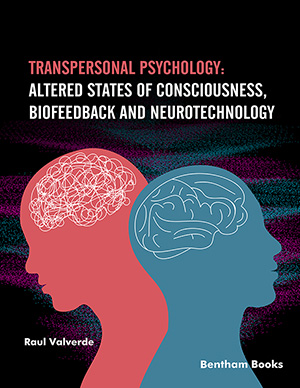Abstract
“The Fifth Child” by Doris Lessing tells the story of the ordinary happy life
of a large family, changing to a different dimension when the fifth child joins their life.
This versatile study, in which Doris describes the life of a large family, full of
successful descriptions and analyzes the characters in depth, is a deep work that is rich
in architectural places and contains many sociological, pedagogical and psychological
elements. The richness of the places in the novel becomes more visible with the
successful narration of the author's descriptions. These include the main place at the
party where David and Harriet first met, the office where they looked at each other and
talked to the full, the porch where they held hands on the day they bought the house,
David's room that he called his real home in his childhood and other places of his own,
the building where Ben was taken by a pickup truck, the main place of the house
around which a large happy family gathered, the guilty bedroom that drove fertility,
and a house with a garden with three stories, including an attic, bought because it
matched their dreams. Only a concrete, abstract or non-objective place has always
existed as a social reality with all its dimensions and forms. The bonds we establish
individually with the space, and the experiences we have, are effective in the placement
of the space both in our perception and in our memory. In work, there are important
indicators of how the perception of the same place is changed for different people. The
author's analyses on these points refer to Lefebvre's spatial triad dialectic: perceived,
designed and lived spaces.
Keywords: Black baby, Children, Designed spaces, Dorminatory, Family, Guilty bedroom, Home, Isolated places, Kitchen table, Life of the large family, Lefebvre's spaces, Perceived spaces, Parents, Raising children, Siblings, Straight jacket, Unhappy house, Weird brat.







